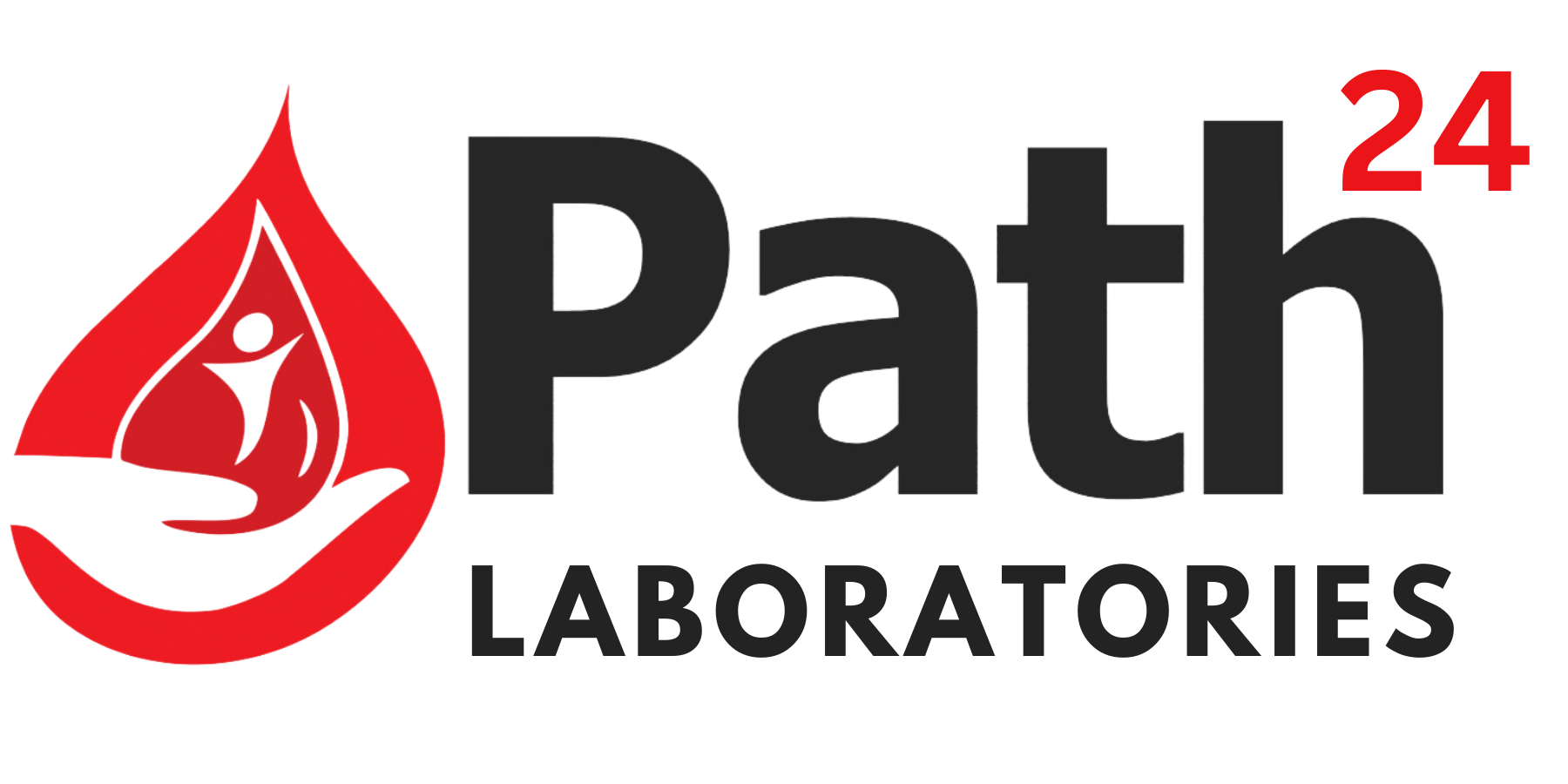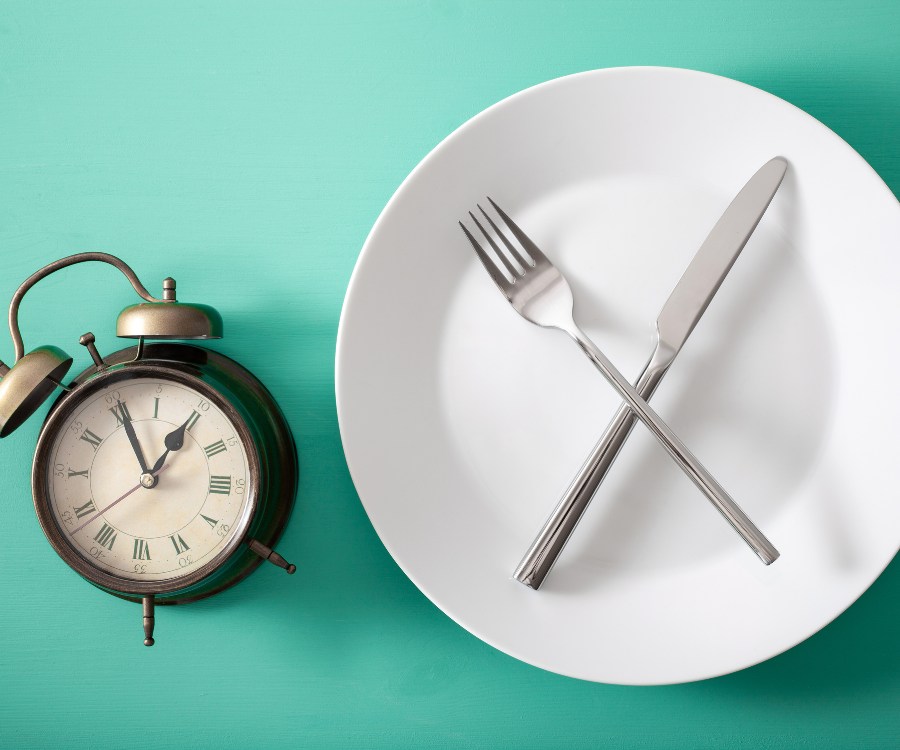Getting a blood test is a common part of managing your health, but sometimes your doctor will tell you to “fast” beforehand. This can leave many people wondering: what exactly does that mean, and why is it so important? Don’t worry, we’re here to demystify the process and ensure you get the most accurate results possible.
Why Fasting Matters for Blood Tests
When you eat or drink, your body breaks down food and absorbs nutrients, like sugars and fats, into your bloodstream. These new additions can temporarily alter the levels of certain substances in your blood. For specific tests, these fluctuations can give your doctor a misleading picture of your health.
Fasting essentially creates a “baseline” for your blood. By abstaining from food and certain beverages, your body returns to a stable state, allowing the lab to measure your true levels of various components without interference from your recent meal. This ensures the most accurate diagnosis, monitoring of conditions, and effectiveness of treatments.
Which Blood Tests Usually Require Fasting?
Not all blood tests require fasting, but some common ones that do include:
- Fasting Blood Glucose Test: This test measures your blood sugar levels and is crucial for diagnosing and monitoring diabetes, prediabetes, and gestational diabetes. Eating before this test would significantly elevate your blood sugar, leading to inaccurate results.
- Lipid Panel (Cholesterol and Triglycerides): This panel measures your total cholesterol, HDL (good cholesterol), LDL (bad cholesterol), and triglycerides (a type of fat). Since consuming fats can drastically increase triglyceride levels, fasting provides a clear and reliable reading of your lipid profile, which is important for assessing heart disease risk.
- Basic Metabolic Panel (BMP) & Comprehensive Metabolic Panel (CMP): While not always a strict fasting requirement, your doctor might recommend it for these tests, especially if they’re looking at very specific glucose or electrolyte levels, or assessing liver function. These tests provide insights into your overall health, kidney, and liver function.
- Some Vitamin B12 and Iron Tests: Depending on the specific test and your doctor’s instructions, you might be asked to fast or avoid certain supplements.
Always confirm with your doctor or the lab whether fasting is required for your specific tests. When in doubt, always ask!
How Long Do You Need to Fast?
The typical fasting period is 8 to 12 hours. For some tests, it might be as short as 6 hours, or even up to 14 hours for others. Your healthcare provider will give you precise instructions.
Tip: Many people find it easiest to schedule their fasting blood test for the morning. This way, a significant portion of your fasting period happens while you’re asleep!
What Can You Consume During a Fast?
Here’s the golden rule: plain water is generally allowed and encouraged! Staying hydrated can actually make it easier for the phlebotomist to find your veins.
However, you should avoid everything else, including:
- Food of any kind: Even a small snack, chewing gum (even sugar-free), or a mint can impact your results.
- All other beverages: This includes coffee (even black!), tea, juice, soda, energy drinks, and alcohol.
- Smoking or vaping: Nicotine can affect certain blood levels.
- Strenuous exercise: Physical activity can also influence your test results.
What About Medications?
This is a crucial point: unless specifically instructed by your doctor, continue taking your prescribed medications as usual. If a medication needs to be taken with food, or if you’re unsure, discuss it with your doctor before your fasting period. Never stop taking a prescribed medication without medical advice.
What if You Accidentally Eat or Drink?
Mistakes happen! If you accidentally eat or drink something before your fasting blood test, it’s essential to be honest and inform your healthcare provider or the lab technician immediately.
Depending on the test and what you consumed, they might:
- Still proceed with the test, taking your recent intake into account when interpreting the results.
- Ask you to reschedule the test for another day to ensure accuracy.
It’s far better to be upfront than to get inaccurate results that could lead to unnecessary further testing, incorrect diagnoses, or inappropriate treatment.
Making Fasting Easier
- Schedule Early: As mentioned, morning appointments are your best friend.
- Stay Hydrated: Drink plenty of plain water during your fasting period.
- Plan Your Last Meal: Eat a balanced and satisfying meal before your fasting window begins.
- Pack a Post-Test Snack: Bring something to eat and drink immediately after your blood draw to replenish your energy.
- Distract Yourself: Keep busy with tasks or activities that take your mind off hunger.
Fasting before a blood test might seem like a small inconvenience, but it’s a vital step in ensuring your healthcare team has the most accurate information to assess your health. By understanding the “why” and following the guidelines, you’re actively contributing to your own well-being.

